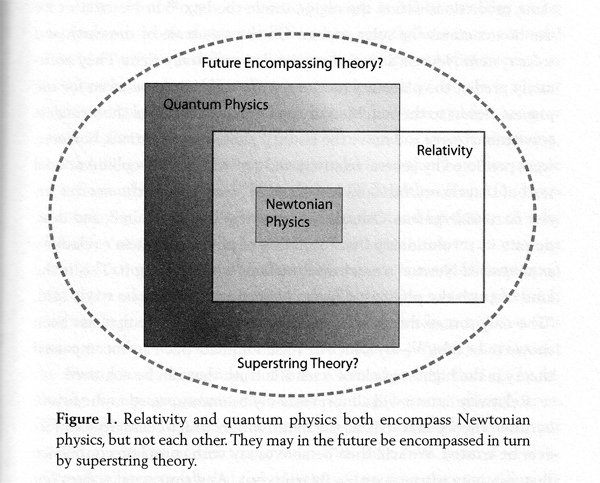There are indicators that there is a paradigm shift going on in environmental science and ecosystem restoration and management.
Kuhn's version of changing paradigms seems to imply that the old version is destroyed.
(*** comment on this **)
I like another version proposed by Primack and Abrams (2006) that says new paradigms delinate the old paradigms, showing where they are true and where they no longer hold. This essentially turns the old paradigm into principles or tested theories, and leaves the new science frontier to the new paradigm.
diagramatically - Figure1 from Primack and Abrams 2006

see Hobbs 1998 and Pahl-Wostl 1998, Table 7.1
Traditional view
Equilibrium
Set the conditions and it will happen
Restoration works like stages in succession
Emerging view
Dynamic states
Need precursor states as filters for community development
May need disturbances (natural or human perturbation)
It should be expected that people who work in this field, and who have a change in their discipline will have a different world view and a different perspective on problems, from ecosystem to the institutions that they work with.
Peoples' academic discipline or professional training has a big impact on their problem solving approach.
good - solving problems with sophisticated cognitive strategies that focus on the specifics of the situation (Atran-medin-2008)
bad - people would rather make a mistake in a knowledge domain in which they are familiar than to make a better guess in an unfamiliar or ambiguous area (Fox and Tversky 2000 and see reinterpretation-NRC-table.html as an example).
![]()